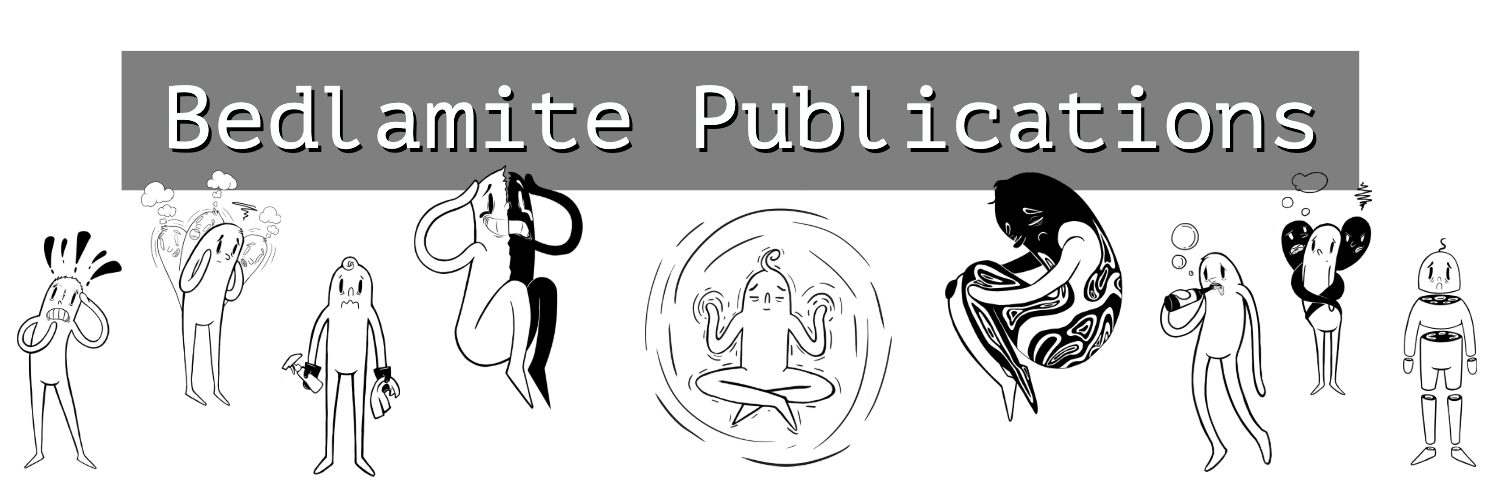When people appear self-obsessed or driven by “clout-chasing,” the term “narcissism” may be used to define their behavior. However, when it comes to narcissistic personality disorder (NPD), signs and symptoms go much deeper than self-absorbed characteristics.
Throughout this article, we’re going to take a deeper look at NPD, its symptoms, causes, and what can be done for treatment. At the end, we invite you to ask further questions.
Narcissistic Personality Disorder Signs & Symptoms
A narcissistic personality disorder (NPD) is not only defined by an idealized self-image but also an avoidance of deep feelings. Especially those that bring about negative emotions, such as criticism. ¹
While not everyone with the condition will struggle with the same symptoms, the most common include:
- An exaggerated sense of self-importance
- Arrogant conduct
- Believe that they’re superior to others (and people are envious of them)
- Entitlement (constant need for admiration)
- Envious of those who are more successful
- Expecting superior recognition even without achievement
- Manipulate others to get what they want
- Occupied with daydreams of success and power
- Over-exaggerate achievements or skills
- Require compliance with their expectations
- Take full control of conversations (belittle those they believe are inferior)
- Unable to recognize others’ feelings and needs
Simultaneously, people with NPD also have difficulty seeing the world from another’s perspective. More specifically, they don’t take well to criticisms when directed toward them:
- Difficulty with emotion and behavioral regulation
- Experiencing depression (as they don’t match perfection)
- Impatient and angry when not receiving special treatment
- Inability to adapt to change and handle stress
- React with rage in order to make themselves feel superior
- Secretly insecure, shameful, and vulnerable
- Severe interpersonal problems

What Causes Narcissistic Personality Disorder?
Researchers currently don’t understand what causes NPD. As a type of personality disorder, we know that the development of this condition is complex and likely a factor of the following:
- Environment – The impact of childhood on an individual may develop into NPD. For example, a child who receives excessive admiration (or criticism) may be more vulnerable to the condition. ²
- Genetics – If a close family member (i.e. parent or sibling) has NPD, an individual related to that member is more likely to have it. Though, this may be due to the fact that the individual is influenced by the family member at a young age. ³
- Neurobiology – There are likely brain structure malformations in people with NPD, affecting their way of behavior and thinking. ⁴
Furthermore, NPD is more likely to occur in men than women. Not to mention, the condition usually develops at a later age than early on in life.
With that said, some children may show signs or symptoms of NPD. However, such traits are common among children of specific ages. Therefore, they’re not signs of NPD itself.
How Can Narcissistic Personality Disorder Affect You?
If you struggle with NPD, there’s a chance you’ll develop the following complications in life:
- Anxiety
- Depression
- Difficulty with relationships
- Drug and alcohol abuse
- School or work issues
- Suicidal ideation
Are you or a loved one experiencing suicidal ideation?
In cases of emergency, go to your nearest emergency room or call 911. In other cases, you can reach out to the Suicide and Crisis Life Line at 988.
Can Narcissistic Personality Disorder Be Prevented?
Since the causes of NPD aren’t known, prevention of this condition is also up in the air. Still, for those who may be vulnerable to NPD, we recommend:
- Finding treatment as soon as possible (see more below)
- Seeking guidance even when you feel you don’t need it
- Talking about your emotions and conflicts with loved ones

Narcissistic Personality Disorder Diagnosis
Since the signs and symptoms of NPD are largely similar to those of other personality disorders, diagnosing the condition can be challenging. In order to determine whether or not you struggle with it, a medical professional will provide you with the following:
- Psychological evaluation (to see if you struggle with another mental health disorder)
- Physical exam (to ensure you’re not struggling with another medical ailment)
- Signs and symptoms analysis for NPD
Keep in mind that it’s common for people with NPD to also struggle with other personality disorders. Therefore, you may receive a diagnosis and subsequent treatment for more than one condition. ⁵
Narcissistic Personality Disorder Treatment
In order to treat NPD, medical professionals will take two direct approaches:
1.) Psychotherapy
As the primary treatment for the condition, psychotherapies help to identify where your emotions are coming from and work to develop better relationships with others.
More specifically, psychotherapy will help you overcome the following:
- How to accept and maintain personal relationships
- Increase your understanding of emotions
- Release idealizations of yourself
- Understand your self-esteem
- When to recognize and accept your competence
If you learn to manage your NPD, therapy can be a short-term endeavor. However, in more severe cases, long-term therapy is ideal for battling this condition.
2.) Medication
Currently, there are no medications to treat NPD. However, if you’re diagnosed with another condition (such as anxiety or depression), you may receive medication to help treat that disorder.
Final Word
While it may seem as though people with NPD aren’t looking for help, deep down, they’re crying out for an answer. The best way for them to find this answer is through psychotherapy as it allows an open conversation to identify signs and symptoms.
Admittedly, battling NPD comes with complications not found in other mental health disorders. Therefore, it’s important for loved ones to be there every step of the way.
Your Questions
Still have questions about narcissistic personality disorder?
We invite you to ask them in the comments section below. If you have any further knowledge to share – whether personal or professional – we’d also love to hear from you.
Reference Sources
¹ National Library of Medicine (StatPearls): Narcissistic Personality Disorder
² The Psychiatric Clinics of North America: Narcissistic personality disorder in childhood
³ PLOS ONE: A Behavioral Genetic Study of Intrapersonal and Interpersonal Dimensions of Narcissism
⁴ Scientific Reports: Narcissistic personality traits and prefrontal brain structure
⁵ HHS Public Access: Narcissistic Personality Disorder in Clinical Health Psychology Practice: Case Studies of Comorbid Psychological Distress and Life-Limiting Illness

